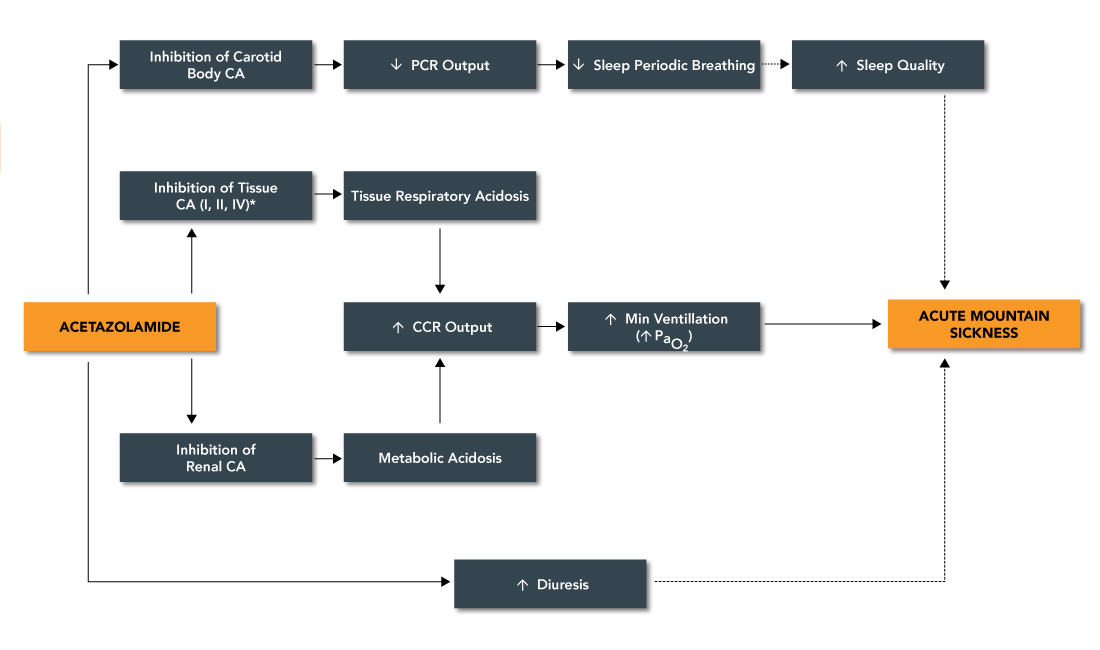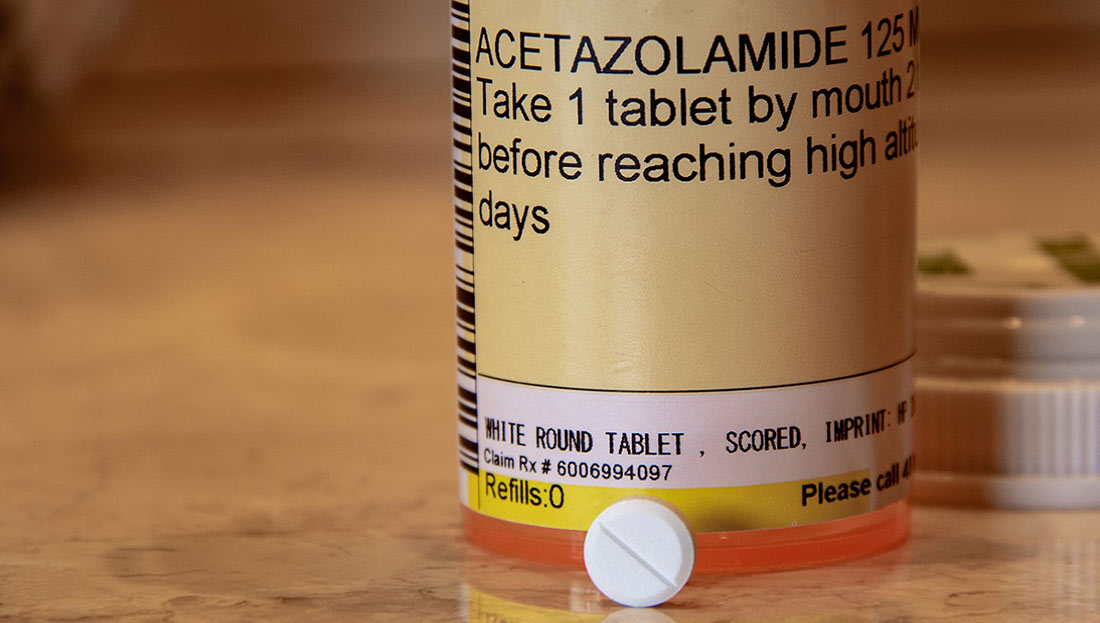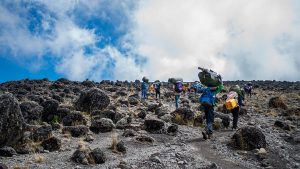For adventurous travelers and mountaineers, exploring high-altitude regions like Kilimanjaro can be an exhilarating and breathtaking experience. However, trekking to the summit of Kilimanjaro can have its share of challenges, including altitude sickness. To combat this condition, a commonly prescribed medication is Diamox, known generically as acetazolamide. But how long does Diamox stay in your system after taking it for altitude? In this article, we’ll delve into the pharmacokinetics of Diamox and explore how long it remains in the body.
Understanding Diamox’s Mechanism of Action
Diamox is a carbonic anhydrase inhibitor, primarily used to prevent and alleviate the symptoms of acute mountain sickness (AMS) or altitude sickness. At high altitudes, the air pressure is lower, leading to lower oxygen levels in the bloodstream. This can result in a range of symptoms such as headaches, dizziness, nausea, fatigue, and shortness of breath.

The drug stimulates the kidneys to excrete bicarbonate, an alkaline compound that helps maintain the body’s acid-base balance. By increasing bicarbonate excretion, Diamox triggers a mild acidosis, which, in turn, prompts the body to breathe more rapidly, thus increasing oxygen levels in the blood. This helps the body acclimate to the reduced oxygen levels at higher altitudes.
Duration of Diamox in the System
The duration for which Diamox stays in the system can vary based on several factors, including an individual’s metabolism, age, liver and kidney function, and the dosage taken. Generally, the half-life of Diamox ranges from 12 to 30 hours in healthy adults. The half-life is the time it takes for the concentration of the drug in the body to reduce by half.
After taking a single dose of Diamox, it can take around 1 to 2 days for the drug to be mostly eliminated from the body. However, it’s important to note that traces of the medication may still be detected in the system for a longer period.
Factors Affecting Diamox Clearance
Dosage: Higher doses of Diamox may take longer to clear from the body compared to lower doses. Your healthcare provider will prescribe the appropriate dose based on your health condition and the altitude you plan to ascend.
Frequency of use: If Diamox is taken for an extended period, the drug may accumulate in the body, leading to a longer duration for complete clearance.
Individual Metabolism: Each person’s metabolism is different, influencing how quickly Diamox is metabolized and excreted from the body.
Liver and Kidney Function: The liver and kidneys play a crucial role in processing and eliminating drugs from the body. Impaired liver or kidney function can slow down the clearance of Diamox.
Hydration: Staying well-hydrated during high-altitude travel can aid in the elimination of Diamox from the body.
Final Thoughts
Diamox, or acetazolamide, is an effective medication to prevent and alleviate the symptoms of altitude sickness. Understanding how long Diamox stays in your system is essential for planning high-altitude adventures and ensuring its safe use. Generally, it takes around 1 to 2 days for the drug to be mostly eliminated from the body, but individual factors can influence this timeframe. As with any medication, it is crucial to follow your healthcare provider’s instructions and dosing recommendations. If you experience any adverse effects or have concerns about Diamox, consult your doctor promptly.
Remember, while Diamox can aid acclimatization to high altitudes, it is not a substitute for gradual ascent and proper acclimatization practices. Always prioritize safety and health during your high-altitude adventures.




